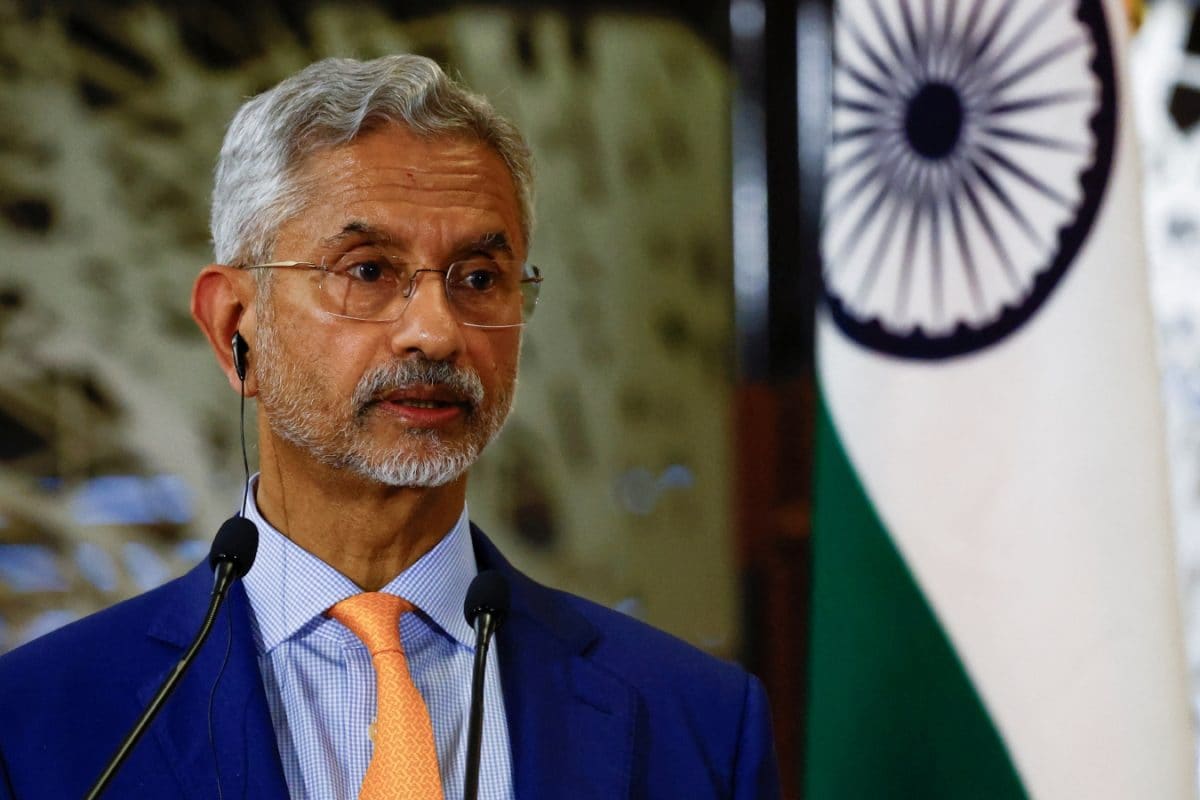

External Affairs Minister S. Jaishankar firmly stated that perpetrators of terrorism cannot be placed on the same footing as their victims during a recent meeting with UK Foreign Secretary David Lammy. The statement comes amid heightened concerns over cross-border terrorism and New Delhi's expectation that its allies recognize India's zero-tolerance policy on the matter.
The meeting between Jaishankar and Lammy occurred against the backdrop of the recent terror attack in Pahalgam in the Union Territory of Jammu and Kashmir. Following the attack, Jaishankar conveyed his appreciation to the UK government for its condemnation of the incident and its support for India in combating terrorism. He said, "We practice a policy of zero tolerance against terrorism and expect our partners to understand it."
The Indian government has been vocal in its stance against terrorism, particularly concerning activities originating from across its borders. India has consistently maintained that dialogue and cooperation on regional issues cannot occur while acts of terror persist. This position underscores India's determination to address terrorism as a non-negotiable priority in its foreign policy engagements.
In light of these concerns, Jaishankar's discussion with Foreign Secretary Lammy likely encompassed strategies for enhanced collaboration in counter-terrorism efforts. This could involve intelligence sharing, coordinated actions against terrorist networks, and diplomatic pressure on states that harbor or support such entities.
Beyond counter-terrorism, the relationship between India and the UK appears to be on a positive trajectory, marked by increasing cooperation across various sectors. The UK Foreign Secretary's visit to New Delhi underscores the commitment to bolster economic and migration ties between the two nations. Talks with the Indian government are aimed at deepening the Comprehensive Strategic Partnership, designed to benefit working individuals in both countries.
This follows the recent Free Trade Agreement between the UK and India, which is projected to increase trade by over £25 billion annually. The agreement is expected to boost the UK's GDP by £4.8 billion and raise wages by £2.2 billion each year in the long run. This economic partnership will likely be a key focus during Lammy's visit.
The Foreign Secretary will also address progress in the migration partnership, which includes ongoing efforts to safeguard citizens and secure borders in both countries, as migration remains a top priority for the UK government.
The India-UK relationship has seen renewed momentum recently, with the Labour government signaling a reprioritization of relations with New Delhi. The establishment of an India-UK Technology Security Initiative (TSI) and Southampton University's plan to establish a campus in India highlight efforts to develop a more multi-dimensional partnership.
During his visit to the UK earlier this year, Jaishankar inaugurated two new Indian consulates in Belfast and Manchester, aimed at strengthening people-to-people connections between the two countries. He also held discussions with UK leaders, including Prime Minister Keir Starmer and Foreign Secretary David Lammy, on strengthening diplomatic and trade ties. Discussions also touched on key global issues, including the Ukraine conflict, reflecting a shared commitment to addressing major geopolitical challenges together.